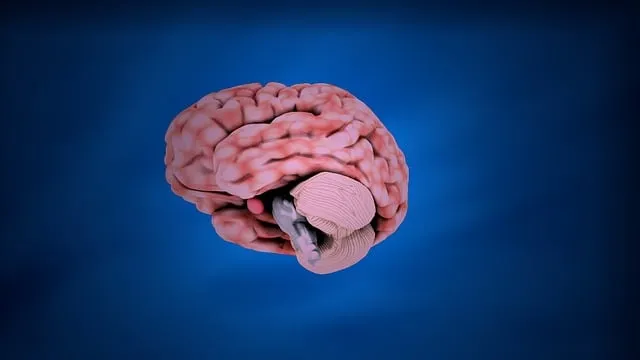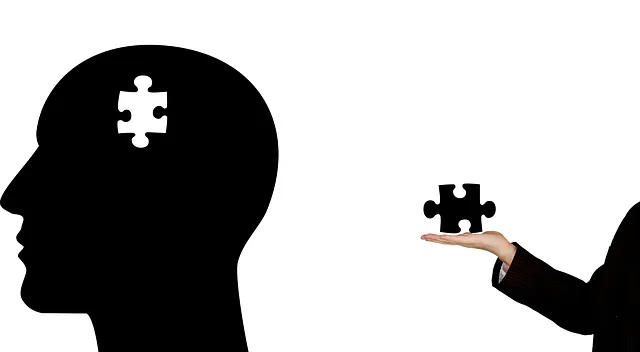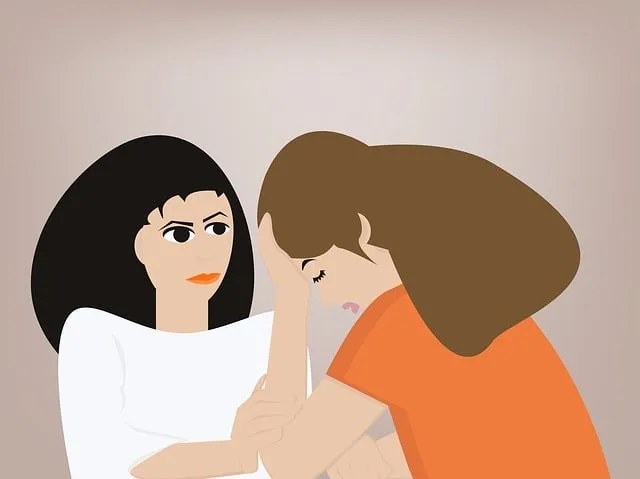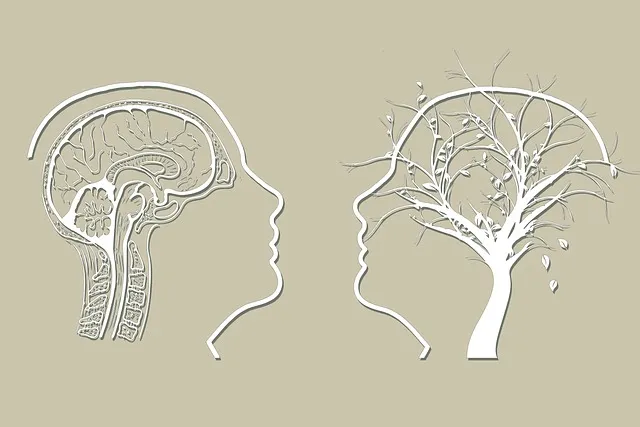Rural communities face mental health disparities due to limited access to care and undiagnosed conditions. Lone Tree Kaiser's specialized mental health classes address these issues through education, stress management workshops, and community outreach. These initiatives reduce stigma, build supportive networks, and equip individuals with coping tools, fostering better mental health outcomes.
Mental health advocacy initiatives play a pivotal role in addressing disparities and promoting well-being. This article explores various aspects of these efforts, from understanding rural community mental health challenges to the success of Lone Tree Kaiser’s innovative mental health classes. We delve into building supportive communities, breaking stigma barriers, and empowering individuals for lasting recovery. By examining these strategies, we aim to highlight effective advocacy approaches that can transform lives.
- Understanding Mental Health Disparities in Rural Communities
- The Power of Education: Kaiser's Lone Tree Classes
- Building Community Support Systems for Better Mental Wellbeing
- Navigating Stigma: Breaking Down Barriers to Care
- Advocacy Strategies: Empowering Individuals for Long-Term Recovery
Understanding Mental Health Disparities in Rural Communities

Mental health disparities in rural communities often go unnoticed yet significantly impact the overall well-being of residents. These areas typically face unique challenges when it comes to accessing quality mental healthcare services, leading to higher rates of undiagnosed and untreated conditions. According to research by Lone Tree Kaiser, rural populations may exhibit higher prevalence rates of depression and anxiety due to factors such as limited resources, reduced healthcare infrastructure, and increased social isolation. For instance, the availability of specialized mental health classes through organizations like Lone Tree Kaiser is crucial in addressing these disparities. These initiatives aim to provide education on recognizing and managing mental health issues, especially targeting at-risk communities.
One effective strategy to combat this issue is through Community Outreach Program Implementation, focusing on raising awareness about available resources and encouraging early intervention. Additionally, teaching Conflict Resolution Techniques can empower individuals to handle stressors commonly associated with rural living, such as limited access to services or social support networks. By combining education, outreach, and skill-building workshops, like those offered by Lone Tree Kaiser, communities can foster a more supportive environment for mental health and overall well-being.
The Power of Education: Kaiser's Lone Tree Classes
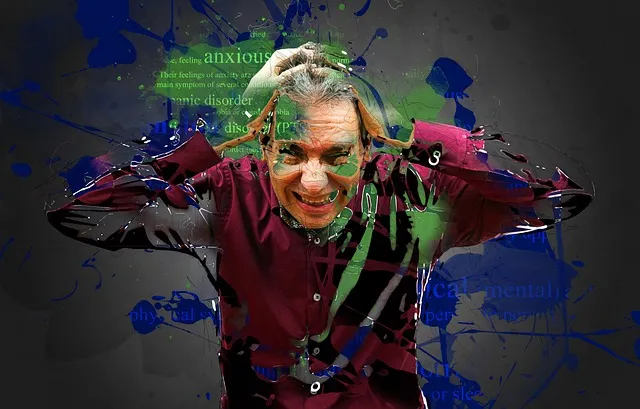
Lone Tree Kaiser mental health classes are shining examples of how mental health advocacy initiatives can transform lives. These classes, specifically designed and led by passionate professionals at Kaiser, offer a safe and supportive environment for individuals to learn and grow. Through interactive stress management workshops, participants gain valuable mind over matter principles to navigate daily challenges.
The program’s success lies in its holistic approach, addressing not just symptoms but also fostering resilience and well-being. By equipping individuals with effective coping strategies, these Lone Tree Kaiser mental health classes contribute significantly to the broader goal of mental health awareness. The impact extends beyond the classroom, empowering community members to champion their own mental health and that of others.
Building Community Support Systems for Better Mental Wellbeing

Building a strong community support system is essential for fostering better mental wellbeing. Initiatives like Lone Tree Kaiser’s mental health classes play a pivotal role in this regard, providing accessible resources and education to empower individuals with knowledge about managing their mental health. These classes not only teach practical coping strategies but also serve as a platform for individuals to connect with peers facing similar challenges, breaking down feelings of isolation.
By integrating Social Skills Training and Community Outreach Program Implementation, these initiatives address the broader context of mental illness stigma reduction efforts. Through open discussions, shared experiences, and collaborative problem-solving, communities can cultivate an environment of understanding and support, ultimately leading to improved access to care and enhanced resilience among its members.
Navigating Stigma: Breaking Down Barriers to Care

Stigma surrounding mental health issues remains a significant barrier to individuals seeking care and support. Many struggle in silence due to fear of judgment or misunderstanding. Lone Tree Kaiser mental health classes play a crucial role in breaking down these barriers by providing a safe, non-judgmental space for learning and growth. Through interactive sessions, participants gain insights into emotional healing processes, learn effective conflict resolution techniques, and develop coping strategies tailored to their unique needs.
These initiatives foster a sense of community and understanding, encouraging open dialogue about mental health challenges. By normalizing conversations around these issues, Lone Tree Kaiser contributes to a culture where individuals feel empowered to access Crisis Intervention Guidance without hesitation. Ultimately, this collective effort helps to create a more inclusive environment that supports overall well-being for all.
Advocacy Strategies: Empowering Individuals for Long-Term Recovery

Mental health advocacy initiatives focus on empowering individuals to take control of their well-being through various strategies. One such approach is providing access to mental health classes, like those offered by Lone Tree Kaiser, which equip people with valuable knowledge and skills for managing their conditions effectively. These classes not only educate but also foster a sense of community, reducing the stigma often associated with mental health struggles.
Moreover, advocacy goes beyond individual support. It involves pushing for policy changes and developing programs such as Mental Wellness Coaching and Crisis Intervention Guidance. By addressing systemic barriers and implementing evidence-based practices, these initiatives contribute to long-term recovery and improved mental health outcomes in communities. A comprehensive Mental Health Policy Analysis and Advocacy ensures that everyone has equal opportunities to access the resources they need to thrive.
Mental health advocacy initiatives play a pivotal role in addressing disparities and fostering supportive communities. By implementing educational programs like Lone Tree Kaiser’s mental health classes, empowering individuals with advocacy strategies, and breaking down stigma, we can create lasting positive change. These efforts ensure that everyone, regardless of their location or background, has access to the resources they need for improved mental wellbeing and long-term recovery.
